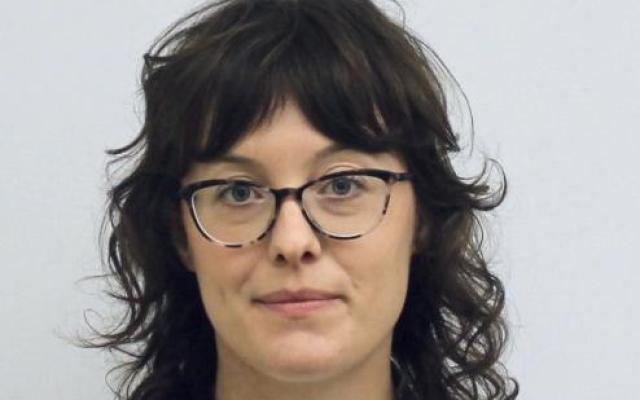
With the onset of the COVID-19 pandemic in the United States, "essential workers" were recognized as performing the necessary labor to keep the country running. Millions of these workers are in waste industries, performing manual labor such as cleaning, garbage collection, and sorting recycling. To mitigate the risks associated with this work, there was a corresponding push to introduce automated technologies in waste industries to safeguard both the public and workers from heightened possibilities of contamination. Yet, decades of design and human-computer interaction (HCI) research shows that the introduction of automation into workplaces is not an easy transition; instead, it often transforms and displaces existing work practices. Drawing on participant observation and interviews with waste workers, this talk will describe how these systems were put to use in daily practice — detailing the complex acts of integration performed by waste workers as they were tasked with smoothing the relationship between robotics and their organizational, social, and material environments. In doing so, it offers the concept of "patchwork:" human labor that occurs in the space between what artificial intelligence (AI) purports to do and what it actually accomplishes. Expanding design scholarship on the (in)visibility of work, this work argues for more holistic understandings of AI development that both acknowledge these on-the-ground contributions and work to demystify the perceived superhuman precision of AI. It contributes to discourses on ethical AI by situating essential workers as a key source in developing best practices for deploying new technologies and evaluating pilot projects.
Sarah Fox is an Assistant Professor at Carnegie Mellon University in the Human Computer Interaction Institute, where she directs the Tech Solidarity Lab. Her work examines how the deployment of AI within essential sectors reshapes existing work practices, with a focus on developing systems that center workers’ needs and expertise. Her research has earned awards in leading computing venues including ACM CSCW, CHI, and DIS, and has been featured in Design Issues, the Journal of Peer Production, and New Media and Society. She holds a Ph.D. in Human Centered Design & Engineering from the University of Washington.
Who can attend?
Open to the public, the campus community, graduate students, undergraduates, postdocs, research scholars, faculty, staff, and alumni.
Contributions to and/or sponsorship of any event does not constitute departmental or institutional endorsement of the specific program, speakers or views presented.